What is the most sustainable toothbrush?- Ambientum
Trinity College researchers in Dublin (Ireland) have examined the sustainability of different models of the most used oral product -toothbrush -to determine which is the best for the planet.
Although toothbrush is a widely recommended health device worldwide, there are currently few quantitative data on its impact on the environment.The research study, conducted in collaboration with the Eastman Dental Institute of the University College London and published this week at the British Dental Journal, uses for the first time an analysis of the life cycle (ACV) to measure the environmental consequences of a health product.
Health care is one of the main emitters of environmental pollutants that - partially - negatively affect health, but the awareness of these effects remains low both in the industry and in the general population.At present, there are few tests or orientations on the sustainability of interventions, services or specific health care devices.
The researchers considered different toothbill models and measured their environmental impact (carbon footprint).To do this they used the electric toothbrush, the standard plastic brush, the plastic brush with replaceable head and the bamboo brush.The team found that the electric toothbrush was comparatively the most harmful to the planet's health.
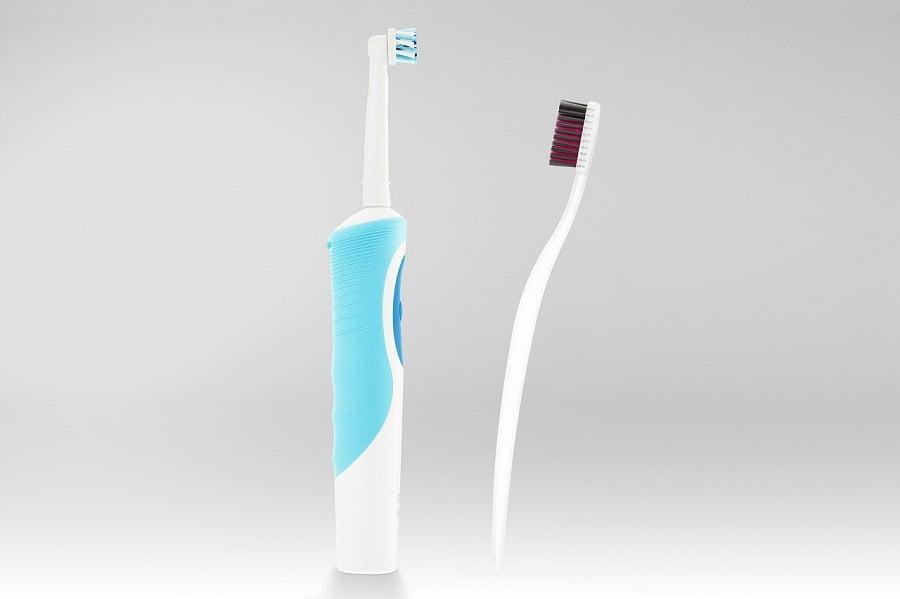
Por otro lado, la investigación concluye que el cepillo de dientes más sostenible ambientalmente no es el de bambú, como tal vez podría creerse popularmente, sino un hipotético cepillo de plástico que se recicle continuamente.
Toothbrush
This comparative stroke showed that a manual plastic toothbrush with replaceable head and a manual bamboo brush work better than traditional plastic manual brushes and that electric in all measures of environmental impact results used in the study.
The study also evaluated the impact on the health of the people derived from the manufacturing process of each model, and again the electric brush was the worst stop.Researchers believe that these results could be used to inform the consumer and toothbrush manufacturers, as well as in oral health recommendations or when acquiring toothbrushes for public health programs.
According to dr.Brett Duane, Associate Professor of Dental Public Health at the Trinity College and principal researcher, «There are billions of used and discarded tooth brushes every year.Our research shows that electric toothbrushes are actually harmful to the planet, "and ensures that" there are not many tests that show that they are more effective unless you have difficulty washing your teeth with a normal toothbrush ".
Environmental sustainability
"We have also shown that bamboo brushes are not the answer," he adds.Thus, "the ideal toothbrush," explains the DR.Duane- is the one who uses plastic that is recycled in a continuous process ».
Therefore, it claims "a system in which plastic toothbrushes can be collected, such as batteries, and then recycle them in new products".And if the plastic escapes the recycling chain, "it must be able to be easy and naturally broken into harmless products".
For the expert, manufacturers, consumers, health professionals and those responsible for health policies should also consider "environmental sustainability" when they recommend products."Governments and industry should consider how recycling programs could support," he concludes.
Source: professional waste,
Reference article: https: // www.Professional waste.com/brush-dientes-mas-sustainable/,

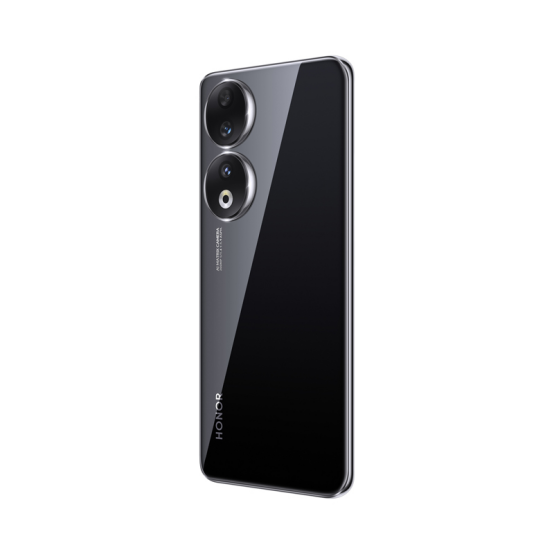
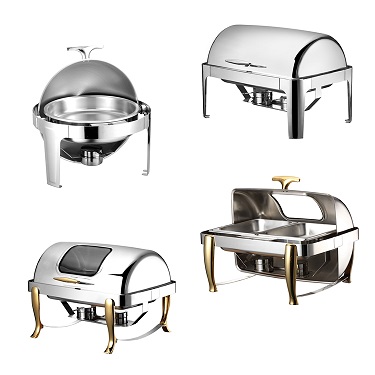

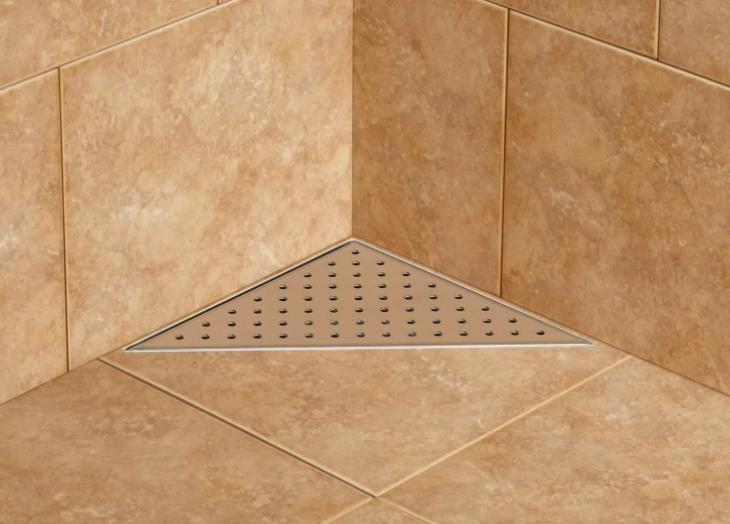
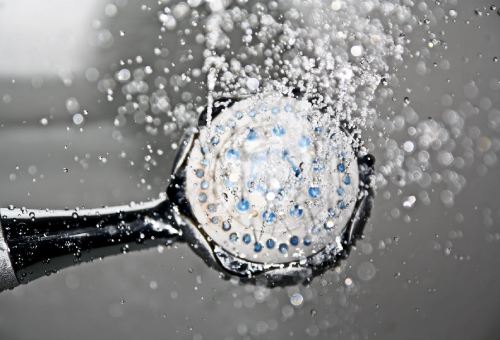


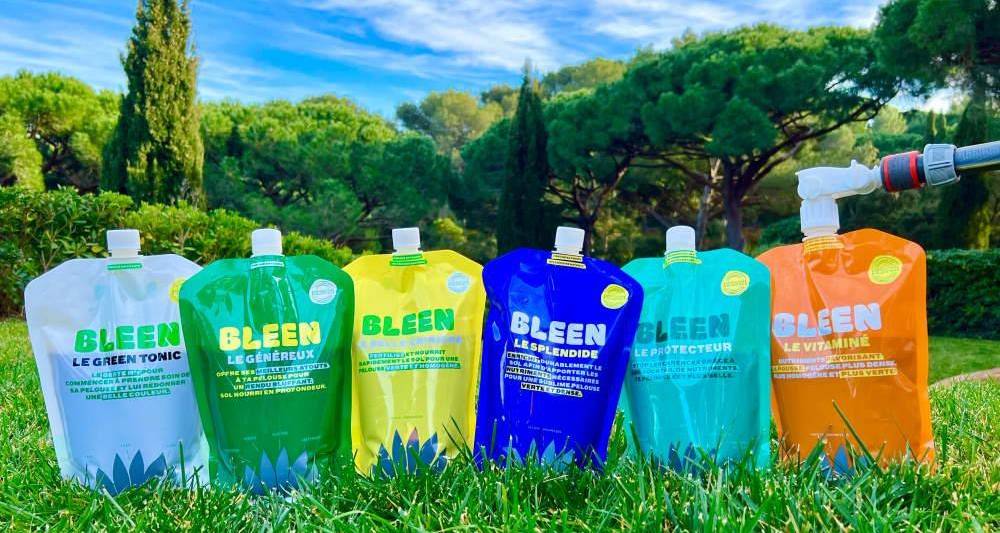
3923